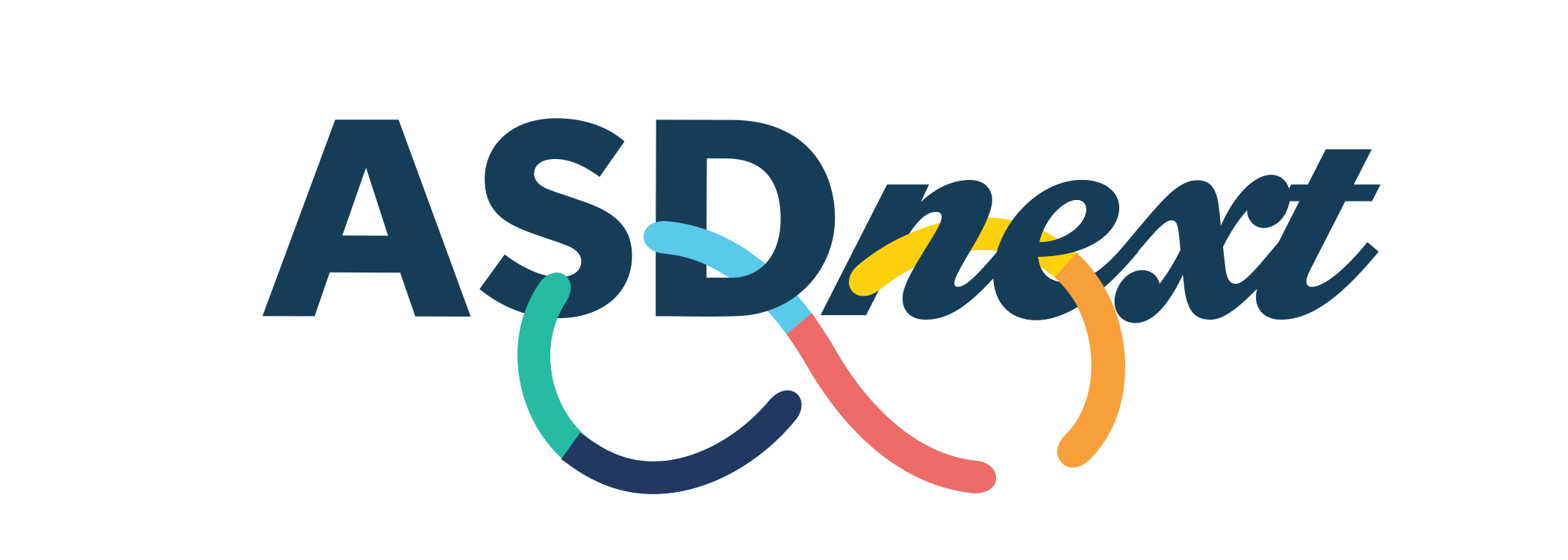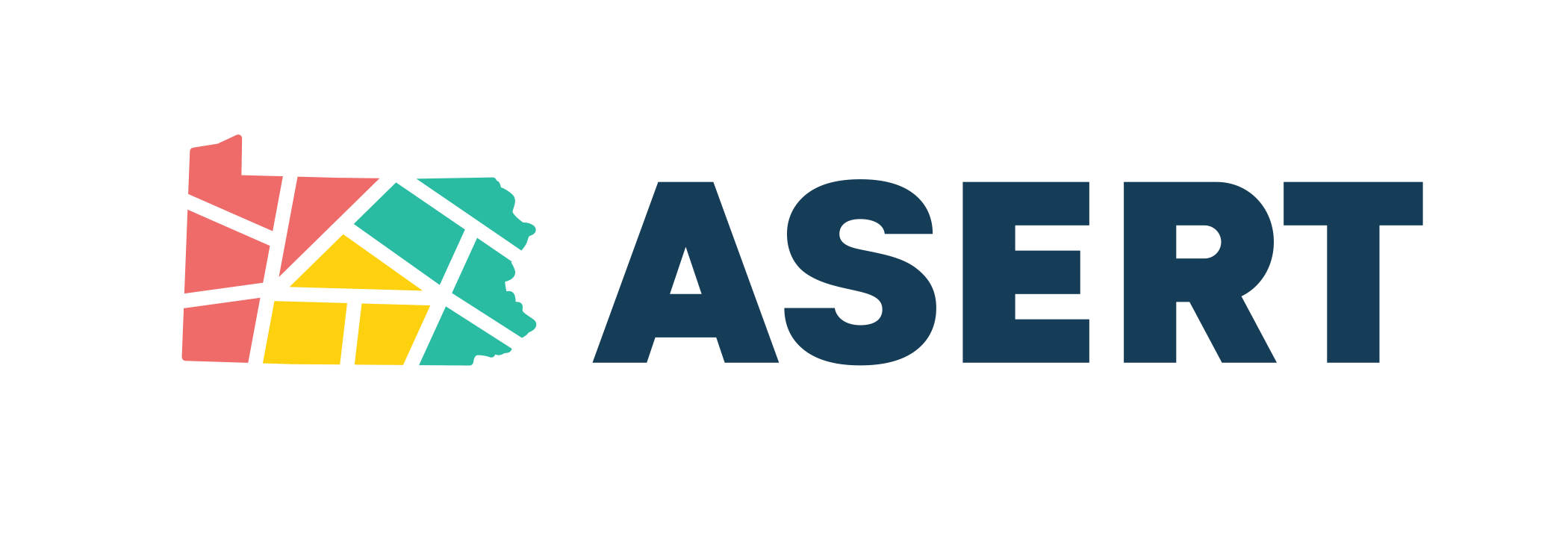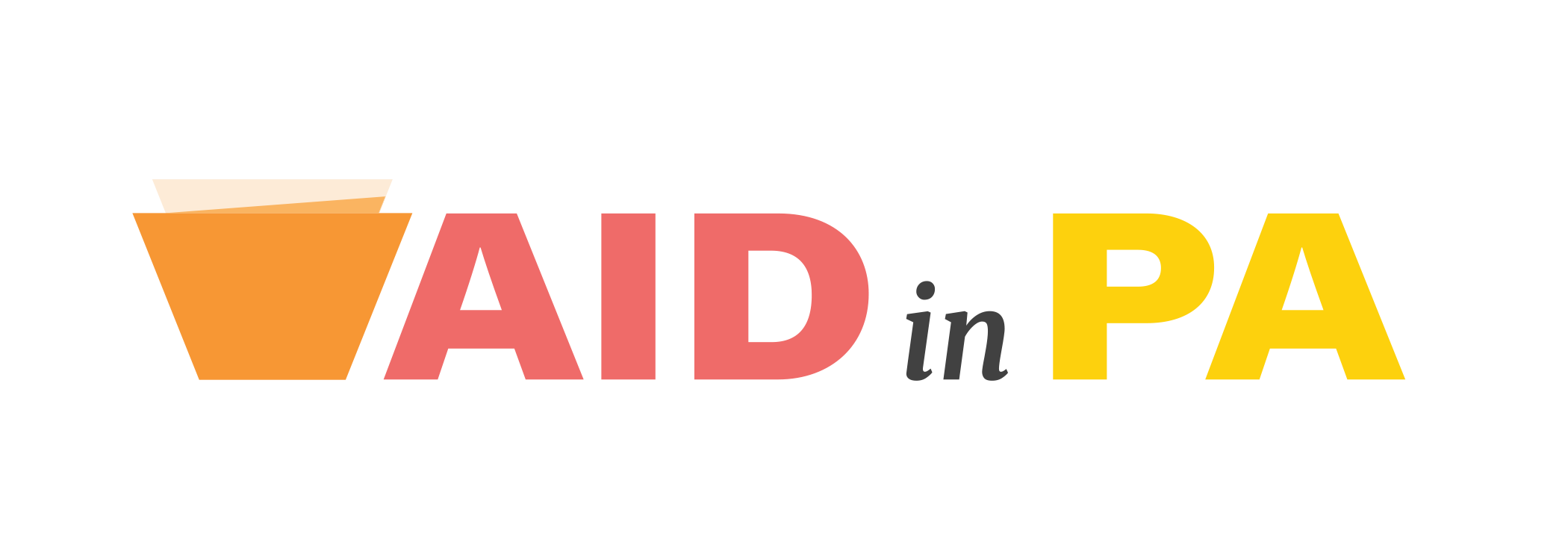Charting the LifeCourse (CtLC)
Charting the LifeCourse is a framework created to help individuals and families of all abilities and all ages develop a vision for a good life, think about what they need to know and do, identify how to find or develop supports, and discover what it takes to live the lives they want to live. Individuals and families may focus on their current situation and stage of life but may also find it helpful to look ahead to think about life experiences that will help move them toward an inclusive, productive life in the future. Even though it was originally created for people with disabilities, this universally-designed framework may be used by any person or family making a life plan, regardless of life circumstances.
The LifeCourse Framework
The following are the building blocks of the LifeCourse framework. They are the core principles and values that are important as we begin to think differently about what it means to support individuals with disabilities and their families to have good lives.
Core Belief: All people have the right to live, love, work, play, and pursue their life aspirations.
 ALL People
ALL People
ALL people, regardless of age, ability or family role, are considered in our vision, values, policies and practices for supporting individuals and families.
 Life Stages and Trajectory
Life Stages and Trajectory
Individuals and families can focus on a specific life stage, with an awareness of how prior, current and future life stages and experiences impact and influence life trajectory. It is important to have a vision for a good, quality life, and hav eopportunities, experiences and support to move the life trajectory in a positive direction.
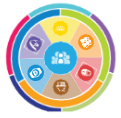 Life Outcomes
Life Outcomes
Individuals and families plan for present and future life outcomes that take into account all facets of life and have life experiences that build self-determination, social capital, economic sufficiency and community inclusion.
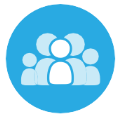 Family System and Cycles
Family System and Cycles
People exist and have give-and-take roles within a family system. Roles adjust as the individual members change and age. Individuals and families need supports that address all facets oflife and adjust as the family ages through family cycles and the roles and needs of members change.
 Life Domains
Life Domains
People lead whole lives made up of specific, connected, and integrated life domains that are important to a goodquality of life. These include daily living, community living, safety and security, healthy lifestyles, social and spirituality, and citizenship and advocacy.
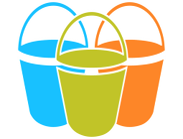 Individual and Family Supports
Individual and Family Supports
Supports address all facets of life and adjust as roles and needs of all family members change. Types of supports might include discovery and navigation (information, education, skill building); connecting and networking (peer support); and goods and services (daily living and financial supports).
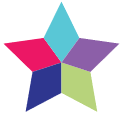 Integrated Delivery of Supports
Integrated Delivery of Supports
Individuals and families access an array of integrated supports to achieve the envisioned good life, including those that are publicly or privately funded and based on eligibility; community supports that are available to anyone; relationship-based
supports; technology; and that take into account the assets and strengths of the individual and family.
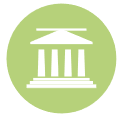 Policy and Systems
Policy and Systems
Individuals and families are truly involved in policy making so that they influence planning, policy, implementation, evaluation and revision of the practices that affect them. Every program, organization, system and policymaker must always think about a person in the context of family.
To learn more, visit Charting the LifeCourse on MyODP, http://supportstofamilies.org/ and https://www.lifecoursetools.com/.

